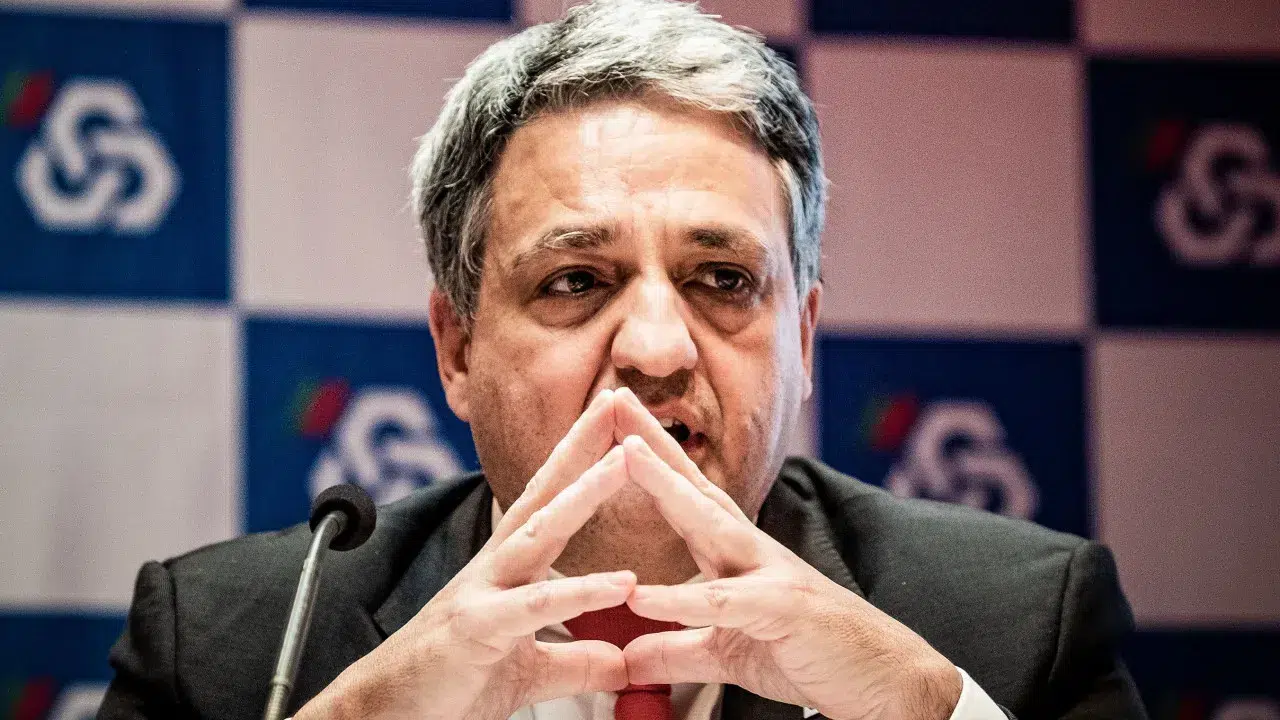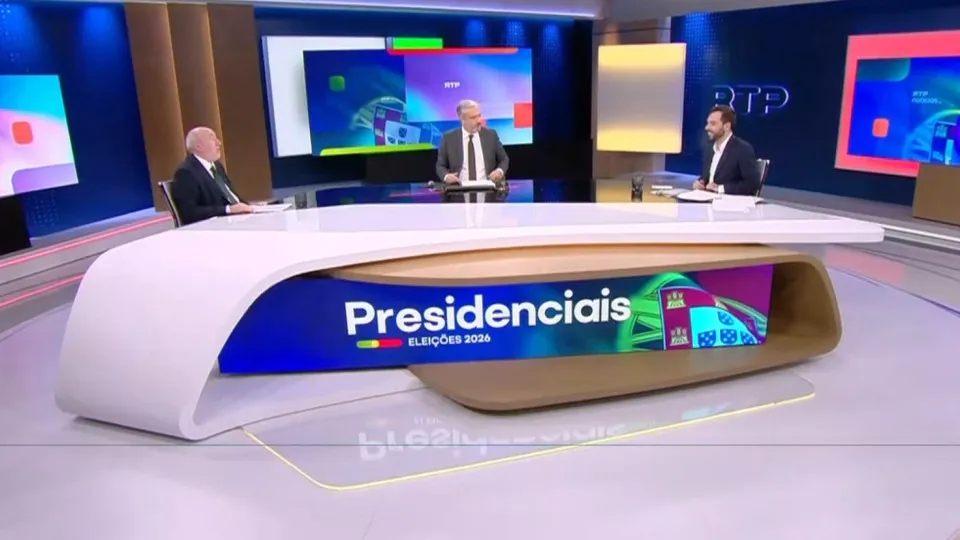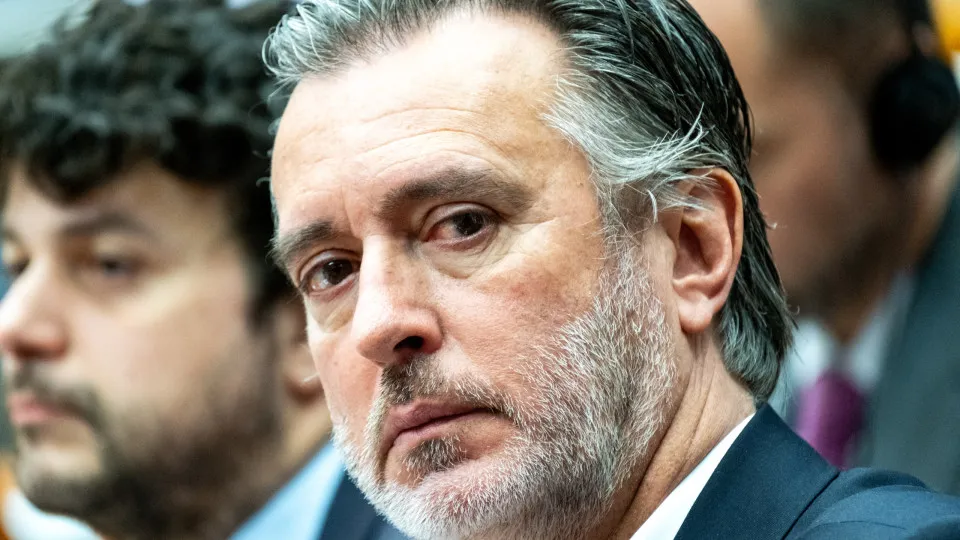
“We have, on one hand, a shortage of housing supply, and on the other hand, a very significant growth in home loans,” he said, explaining that the supply of lower-value homes has been “greatly affected,” whereas the construction of ‘premium’ housing has grown.
Paulo Macedo spoke at the opening of the session ‘Encontros Fora da Caixa’ in Funchal, on the theme ‘Madeira: Perspectives of the Next Political and Economic Cycle,’ confirming that the bank alone granted 500 million in home loans last month.
The chairman of the executive committee of Caixa Geral de Depósitos (CGD) highlighted the decrease in interest rates, the rise in salaries above inflation, and “some decrease” in IRS as factors providing “some purchasing power” to people, as well as “more borrowing capacity.”
However, he warned of the economic impact of proposed tariffs by the United States and the allocation of more investment in defense within the framework of NATO.
“At this moment, the whole of Europe is convinced it has to invest—it’s not just an obligation whether to invest 5% or not—but is convinced it must make an unprecedented allocation in defense investment,” he argued, considering that this issue associated with increased trade tariffs will slow global growth.
Paulo Macedo argued that the Autonomous Region of Madeira has the essential factors to prosper, such as stability, security, investment in education, and a focus on the maritime economy and tourism.
Before the intervention of the chairman of Caixa Geral de Depósitos, the head of the Madeiran government (PSD/CDS-PP), Miguel Albuquerque, stated that the autonomous region has recorded “continuous growth” for 48 consecutive months, and forecasts indicate that the regional Gross Domestic Product (GDP) will reach 8,000 million euros by the end of the year.
“At the moment, we have the lowest unemployment in the last 20 years and are importing unskilled labor, which is not dramatic as long as this labor is consolidated under humane conditions of work and housing,” he emphasized.
The ‘Encontros Fora da Caixa’ aims to foster dialogue and reflection on crucial current issues, as well as promote knowledge and experience sharing among participants, addressing topics from the economy and innovation to sustainability and culture, focusing on strategically important issues for the country’s future.




